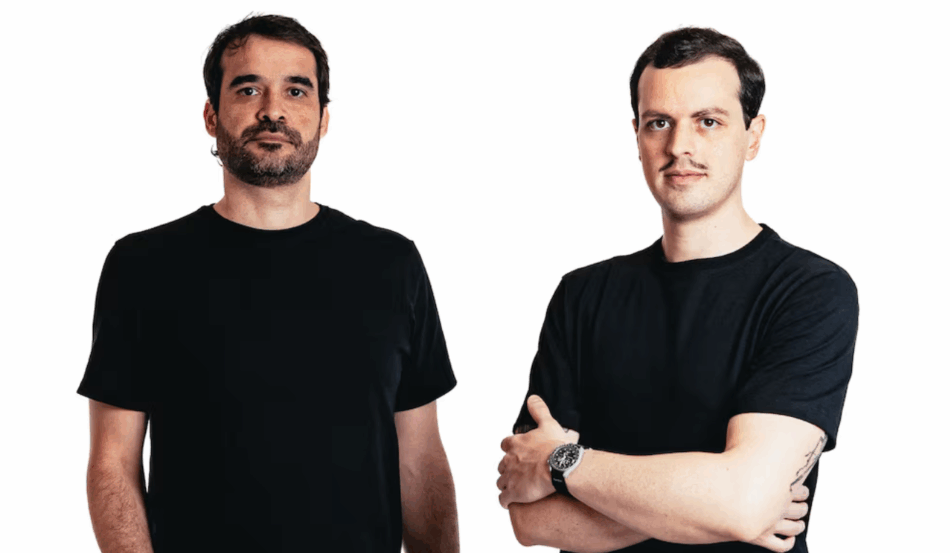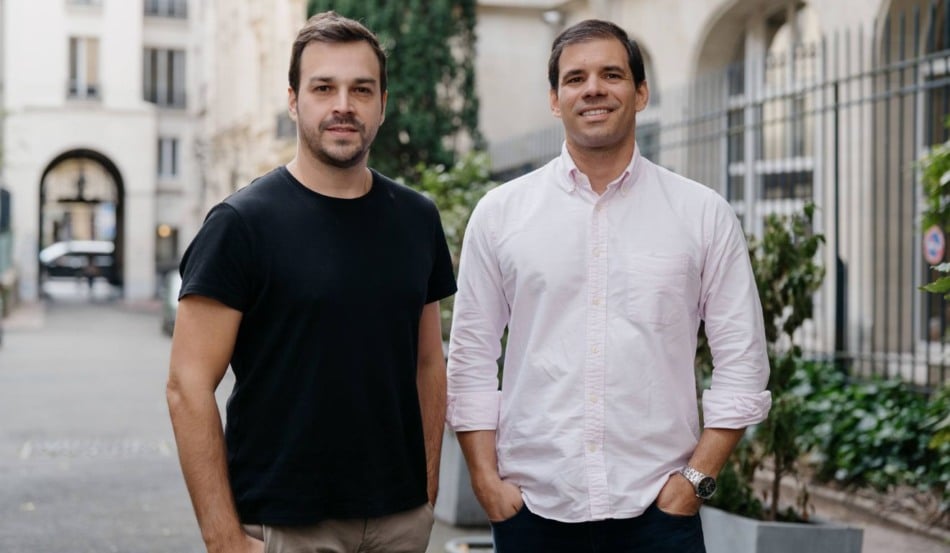
Essa notícia está disponível em português
From software house to e-commerce platform aimed at subscription businesses in the publishing market. That’s how Robox, a Brazilian startup founded in 2018 in Natal, Rio Grande do Norte, evolved through recent years. The company helps publishers generate recurring revenue by turning readers into subscribers, in tandem with the so-called subscription economy.
The company is part of the Blacklab Ventures Group, which also owns Rits Tecnologia and Mobister. According to Robox’s co-founder and director of growth, Thiago Lins, the startup is an evolution of Rits’ website development and web software expertise, and SignUp’s white-label Netflix approach that was used to help develop video platforms. SignUp’s founders exited the company in 2019, after selling the business to Netshow.me, a live video streaming platform.
“After we were hired to develop a subscription system for a website, we started to attract more customers and realized there was a huge business opportunity. That’s when we created Robox,” said Lins. It didn’t take long before the company attracted its first large customer, Grupo Boticário, one of the largest Brazilian cosmetic companies. For two years, Robox developed the recurrence system for The Beauty Box, one of the Group’s companies.
When Lins pitched Robox as an e-commerce platform for subscriptions and recurring sales of physical products, he discovered an underserved niche: the publishing market. “In the past people paid to access content. Today they pay for the curation and credibility of that content,” he noted.
With that in mind, alongside Aldo César, José Alves, and Juciano Araújo, Lins pivoted the company in late 2021 and adopted a model focused on managing subscriptions in the publishing market. The four partners invested around $200,000 to develop the new phase of the business.
Turning readers into subscribers
Robox created a SaaS platform for publishers to offer readers customizable packages and non-stop options to upgrade, suspend or renew their subscriptions. The parameterization of the recurrence happens according to the customer’s business model.
In addition to a subscriber section, where users can register payment cards and exchange contact and address data whenever they want, the panel offers a list of previous purchases. It includes data from sales, orders, reports, etc. The platform also integrates with logistics companies to issue invoices and deliver magazines, for example.
Robox gets paid for implementing the solution (the basic plan costs around $1,200), plus a monthly fee that varies according to the number of managed subscribers. “All the profits from the other companies in the group are injected into Robox. We don’t burn cash. Our revenue pays for the company’s maintenance,” the co-founder explained. There are currently 20 clients, including Brazilian magazines Vida Simples, Carta Capital, and Elle – all of which control subscriptions through the startup’s platform.
“Since we are a very early stage company, we will not close any funding rounds at the moment. For 2022 our goal is to finish the MVP, launch the beta version and expand it, then start scaling the company in 2023,” the founder noted. The idea, according to Lins, is to start with a seed round of at least $1 million with a share of 5%. By 2024, the goal is to triple the managed subscriber base, which today reaches almost 350,000 users.
(translation by Gabriela Del Carmen, editing by Angelica Mari)







